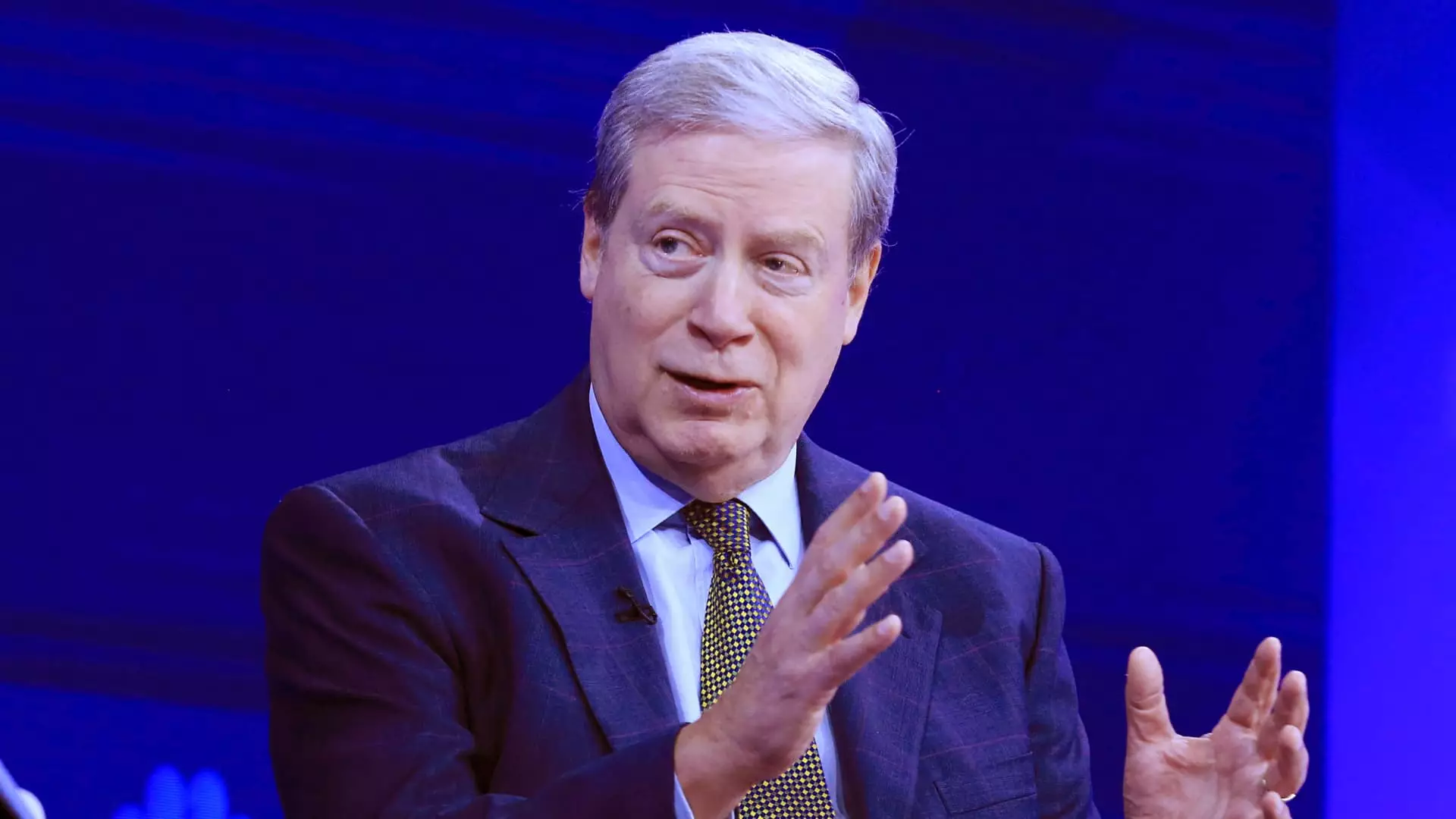The financial world often sways dramatically in response to political events, and the recent re-election of Donald Trump has sparked considerable discussion among investors. Billionaire investor Stanley Druckenmiller recently provided his perspective on this topic, suggesting that Trump’s administration could usher in a renewed era of market enthusiasm and business optimism. While he acknowledges the potential for positive economic outcomes, he also expresses a cautious outlook regarding the stock market, particularly in relation to rising bond yields. This article aims to delve deeper into Druckenmiller’s insights and analyze the implications of Trump’s policies on the economy and markets.
Druckenmiller’s assertion about the re-energizing of “animal spirits” among CEOs reflects a significant pivot in sentiment within the business community. His impressive 49 years in investing grant him a unique lens through which to interpret market movements. As he notes, the U.S. has transitioned from what he describes as the “most anti-business administration” to one perceived as more favorable towards economic growth. This sentiment could potentially lead to increased investment and consumer spending, both essential drivers of economic expansion.
The optimism among corporate leaders, according to Druckenmiller, ranges from relief to sheer excitement. This collective sentiment among CEOs could result in a cycle of reinvestment within companies, ultimately contributing to broader economic momentum. However, investor enthusiasm must be tempered by a nuanced understanding of external economic factors that could exert downward pressure on the stock market.
While Druckenmiller is generally positive about the economic outlook, he exercises caution regarding equity markets, particularly in light of swelling bond yields. His position reveals a complex interplay between a robust economy and rising interest rates, which could strain both corporate earnings and stock valuations. Druckenmiller’s bet on falling Treasury prices illustrates his skepticism about sustainability in the current market environment.
He articulates the dilemma that arises from strong economic data—a scenario that typically propels equity markets. Still, heightened bond yields present a potential headwind for sustained market growth. The S&P 500’s impressive surge of nearly 6% following Trump’s election underscores investor exuberance, but this enthusiasm seemingly contrasts with the caution suggested by rising bond yields. Thus, the investor landscape remains precarious, as bullish signs on one front come with cautionary tales on another.
Druckenmiller emphasizes a focus on individual companies rather than a broad market strategy, particularly in sectors where advancements in technology, such as artificial intelligence, can drive efficiency and profitability. The choices investors make in specific niches can significantly influence overall portfolio performance, particularly in an era where tech-driven innovations become crucial for maintaining competitive advantage.
Despite cashing out of high-profile stocks like Nvidia and Microsoft, Druckenmiller remains optimistic about AI’s potential to create value in businesses. Investors would do well to examine nuances in the burgeoning technology sector, as companies poised to harness AI could yield considerable returns amidst changing market dynamics.
Concerns regarding tariffs and their effect on the economy have been frequent talking points among market analysts. Druckenmiller reframes this conversation, suggesting that tariffs may serve as a necessary mechanism for generating revenue to combat the nation’s fiscal challenges. His view that tariffs function as a sort of consumption tax—predominantly paid by foreign entities—provides an alternative lens through which to evaluate their implications.
While he acknowledges the potential for retaliation from trading partners, he believes the risks associated with modest tariffs remain manageable compared to the benefits. His focus on fiscal responsibility through generated revenues places an intriguing spin on a typically contentious subject, inviting a reevaluation of conventional wisdom surrounding tariffs.
Stanley Druckenmiller’s insights offer a nuanced perspective on the intertwining effects of Trump’s policies and market dynamics. While optimism within the business community might fuel short-term gains and prompt sector-specific investments, external factors such as rising bond yields and international trade issues necessitate a cautious approach. For investors and market participants, maintaining a balanced view—recognizing opportunities while acknowledging risks—remains paramount in navigating this evolving landscape.

Leave a Reply